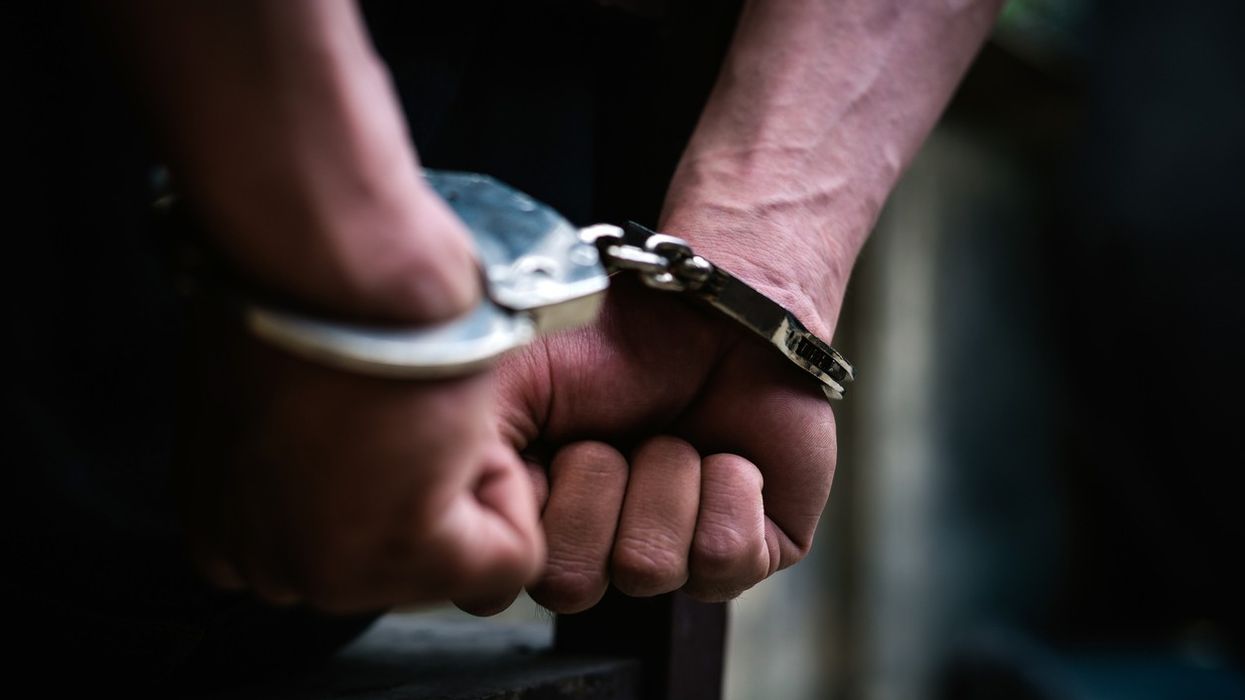A NEW research has found out that black and ethnic minority(BME) drug dealers re about one-and-a-half times more likely to be immediately jailed than their white counterparts.
Analysis commissioned by the Sentencing Council found that 'different sentencing outcomes' were observed for different races, even when the offences and other factors were the same.
It has also resulted in changes to the guidelines given to judges and magistrates, which aim to combat ethnic disparity.
Changes in offending include a rise in the exploitation of vulnerable people as part of ‘county lines’ dealing models, an increase in drug purity and new drugs in the market.
The new guidelines introduce aggravating factors that could increase sentences for offenders who use the home of a vulnerable person, exploit children or run county lines to send drugs from urban centres to small towns and rural areas.
“For Asian offenders and those in the 'other' ethnic group, the odds of receiving an immediate custodial sentence for the three drug supply offences were 1.5 times the size of the odds for white offenders. The odds of a black offender receiving an immediate custodial sentence were 1.4 times the size of the odds for a white offender," the report stated.
In the wake of the report, the Sentencing Council has taken measures to address the gap, including drawing judges’ and magistrates’ attention to “evidence of sentencing disparities in specific offences”.
The Equal charity, which campaigns for racial equality in the criminal justice system, had told the Sentencing Council that the appearance of remorse was subjective and that 'young black men involved in gang/street culture are taught that public displays of emotion show weakness, making it difficult to display it in a legal setting'.
The Council has convened an internal working group to consider what further steps might be taken in this area and is in the process of commissioning a review of how its guidelines operate to help identify any areas for further work.
Shadae Cazeau, the head of policy at Equal, welcomed the changes but said there was 'a long way to go to reduce racial disparities across the criminal justice system'.
The Prison Reform Trust said the guidelines were 'unlikely to be enough' on their own and that discrimination persisted from proscution through to prison and resettlement.
Reports said that the revised sentencing guidelines aim to reflect a change in the nature of offending and the rise of psychoactive substances, formerly known as “legal highs”.
According to courts minister Chris Philp the new guidelines would ensure that sentences 'reflect the severity of crimes' linked to drug production and distribution.
“The government is also investing £148 million to cut drug-related crime – dismantling gangs while funding more treatment programmes to stop the cycle of reoffending.”





